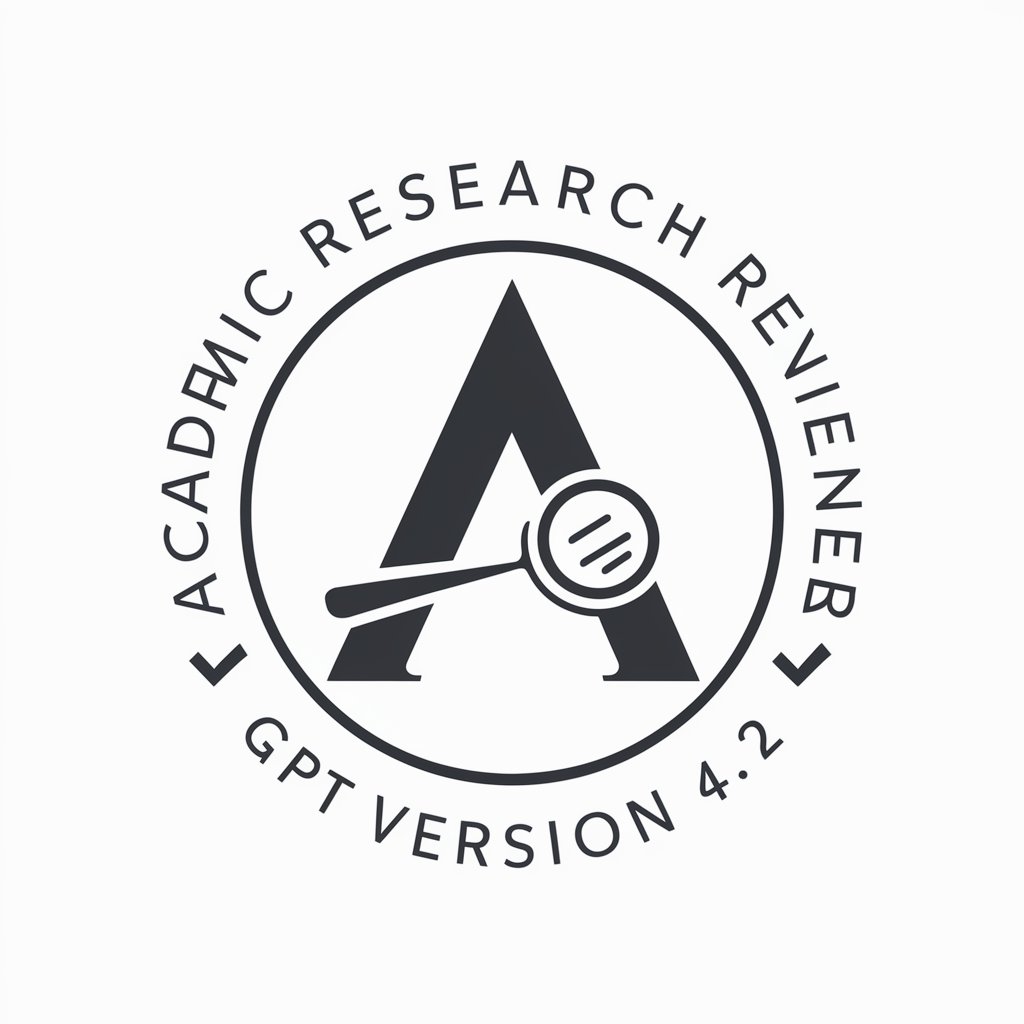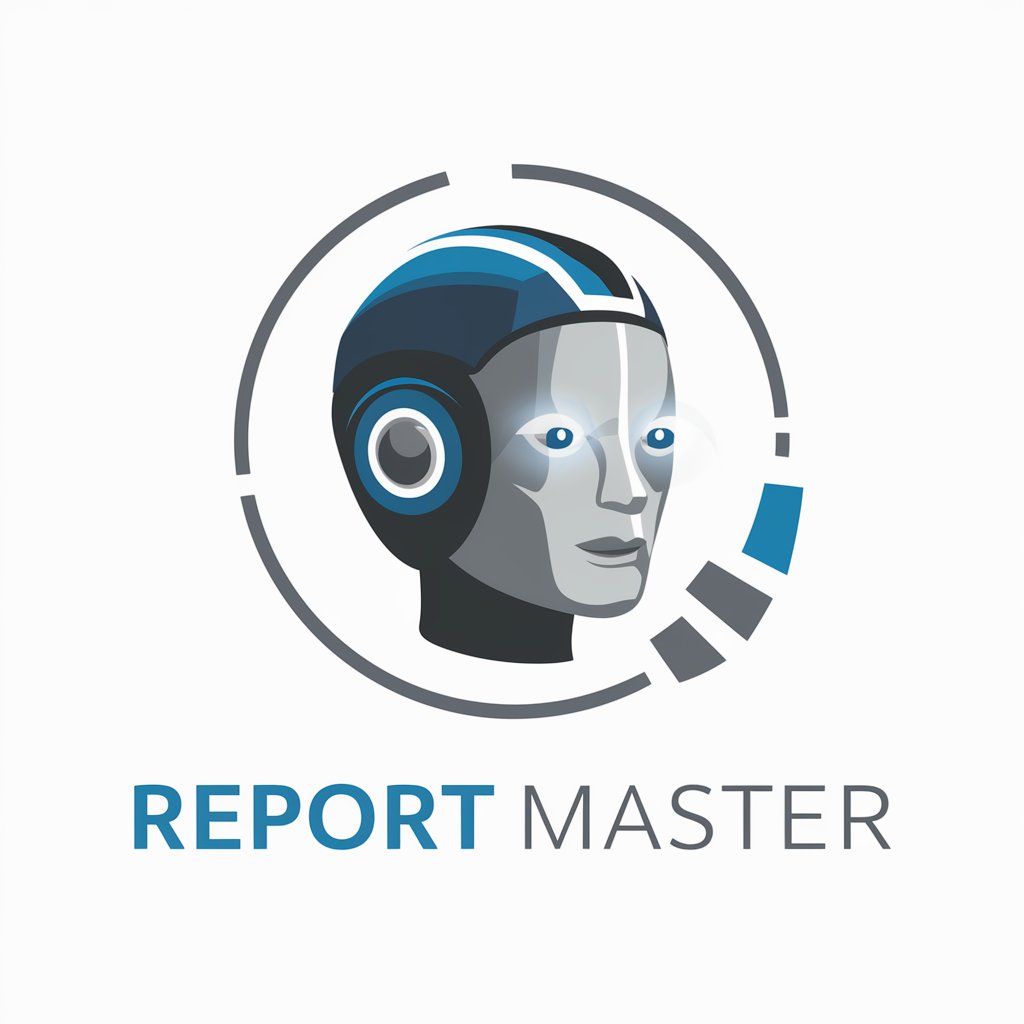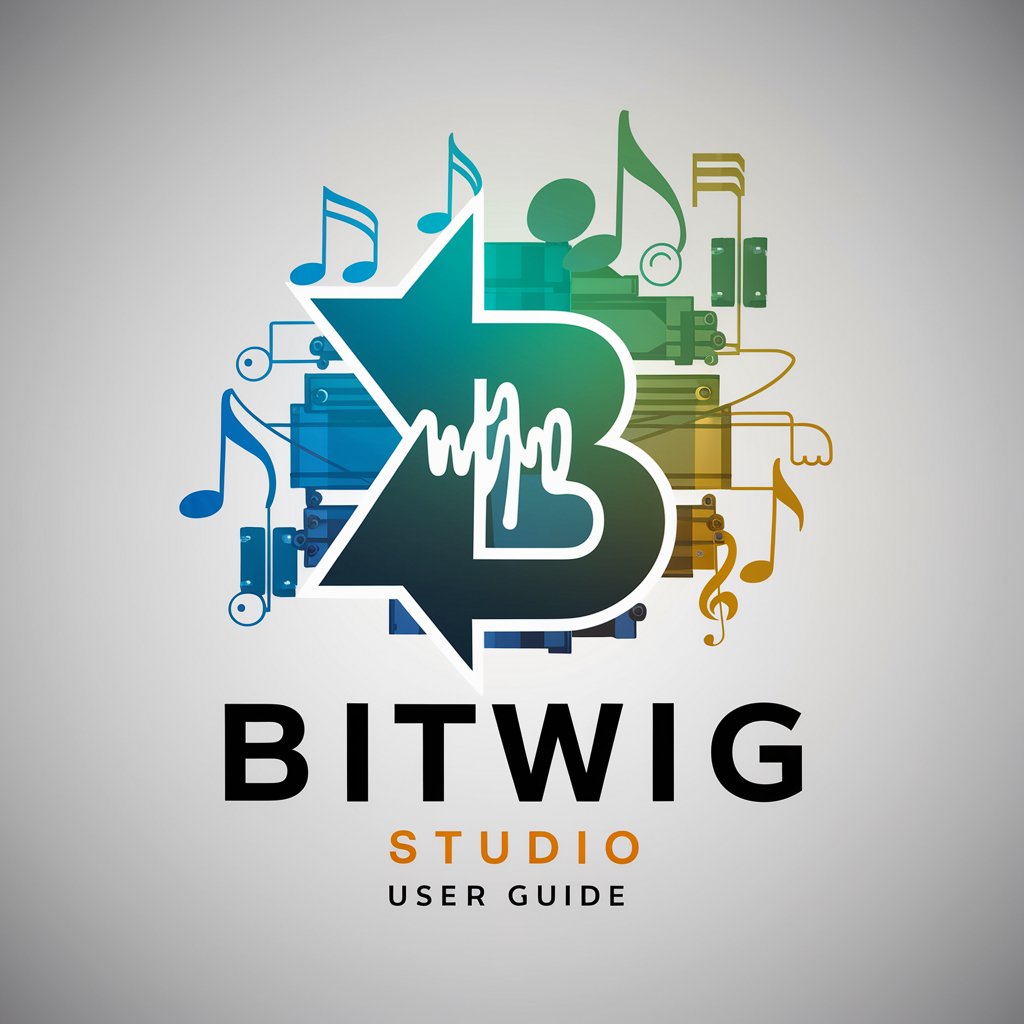Academic Research Reviewer - In-Depth Academic Review

Welcome to Academic Research Reviewer GPT!
Enhancing Academic Excellence with AI
Design a logo that represents academic excellence and detailed research review.
Create a logo for an AI tool specializing in academic manuscript reviews.
Develop a modern, professional logo for 'Academic Research Reviewer GPT'.
Conceptualize a logo that embodies structured feedback and academic rigor.
Get Embed Code
Overview of Academic Research Reviewer
The Academic Research Reviewer is a specialized AI tool designed to provide comprehensive, structured feedback on academic manuscripts, particularly in the fields of Business, Management, Leadership, Economics, and related areas. It excels in critically analyzing key elements of a manuscript, such as abstracts, introductions, literature reviews, and research methodologies. The tool's feedback is grounded in academic principles and is tailored to improve the quality of research outputs. For example, when reviewing a manuscript's abstract, the tool not only assesses its clarity and conciseness but also evaluates its effectiveness in summarizing the research and highlighting its significance. Powered by ChatGPT-4o。

Core Functions of Academic Research Reviewer
Manuscript Evaluation
Example
A researcher submits a draft of their thesis on organizational leadership. The tool reviews each section, providing suggestions for enhancing clarity, identifying gaps in literature review, or offering insights into methodological robustness.
Scenario
Useful in academic writing, particularly for graduate students or researchers seeking to refine their manuscripts for publication.
Section-specific Feedback
Example
An economics student requests feedback on the methodology section of their dissertation. The tool provides detailed insights on the appropriateness of chosen methods, potential biases, and recommendations for improvement.
Scenario
Beneficial for students and academics needing targeted advice on specific parts of their research work.
Rating and Constructive Criticism
Example
A business management article is reviewed, and each section is rated on a scale of 1 to 10. The tool explains the reasoning behind each rating, offering constructive criticism to improve the manuscript.
Scenario
Useful for authors seeking a critical yet constructive evaluation of their work, aiming to reach a higher standard for academic publishing.
Target User Groups for Academic Research Reviewer
Graduate and Postgraduate Students
Students working on theses or dissertations can benefit immensely from detailed feedback on their drafts, helping them improve their academic writing and research skills.
Academic Researchers
Researchers looking to publish in academic journals can use the tool to refine their manuscripts, ensuring that their work meets the high standards of academic publishing.
Faculty Members
Educators and faculty members can leverage this tool to provide more structured and comprehensive feedback to their students, enhancing the overall quality of research guidance.

Guidelines for Using Academic Research Reviewer
1
Visit yeschat.ai for a free trial without login, also no need for ChatGPT Plus.
2
Select the 'Academic Research Reviewer' option to access the tool specifically designed for academic manuscripts.
3
Upload your manuscript, thesis, or research paper for review, ensuring it falls within the fields of Business, Management, Leadership, or Economics.
4
Specify the section you need feedback on, such as the abstract, introduction, literature review, methodology, etc.
5
Use the feedback provided to refine your manuscript, focusing on areas of improvement highlighted by the tool.
Try other advanced and practical GPTs
Report Master
Crafting Smart Reports with AI Precision

Webby Web Dev Wizard
Elevate Your Web Development Journey with AI

Art Whisperer
Explore Art with AI-Powered Insights

Code Academy
Empowering Coders with AI-Powered Insights

Company Valuation
AI-Powered Precision in Company Valuation

VISION BOARD GPT - YOUR DREAM LIFE
Visualize Your Dreams, AI-Powered

Health Network Navigator
Navigating Healthcare with AI

Eternal Sage
Revolutionizing Longevity Research with AI

Bitwig Manual Explained
Unlock Your Musical Creativity with AI

Style Sage
AI-Powered Personal Style Assistant

Cyber Yatra AI
AI-Powered Cybersecurity Insights

Dream Decoder
Unravel Your Dreams with AI Insight

Frequently Asked Questions About Academic Research Reviewer
What types of documents can Academic Research Reviewer assess?
The tool is specialized in reviewing academic manuscripts, theses, and research papers, particularly in the fields of Business, Management, Leadership, and Economics.
How does the tool provide feedback on manuscripts?
Feedback is given in a structured format, covering sections like the abstract, introduction, literature review, methodology, discussion, findings, and conclusions. The tool offers constructive suggestions and rates each section out of 10.
Can I get feedback on specific sections of my paper?
Yes, you can request feedback on specific sections of your paper, such as the research methodology or literature review, and receive detailed, section-wise analysis.
Is the tool suitable for beginner researchers?
Absolutely, it's designed to guide researchers at all levels, offering detailed feedback that is particularly helpful for those new to academic writing in the specified fields.
How does the Academic Research Reviewer differ from standard grammar checking tools?
Unlike basic grammar checkers, this tool provides in-depth content analysis, focusing on academic rigor, methodological soundness, and the coherence of arguments in the context of business and economics research.
